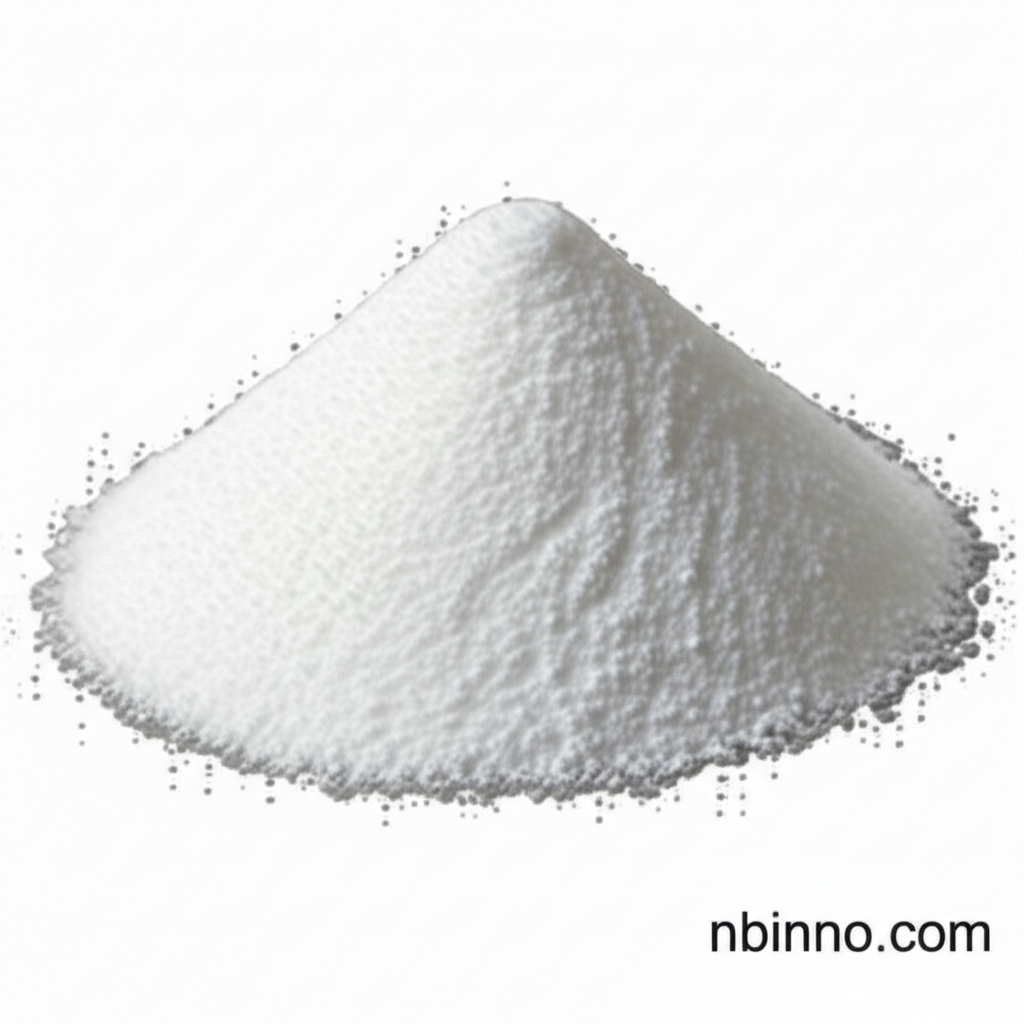High-Quality Microcrystalline Cellulose (MCC) for Pharmaceutical and Food Applications
Discover the versatility and benefits of Microcrystalline Cellulose (MCC), a key ingredient driving innovation across industries.
Get a Quote & SampleProduct Core Value

Microcrystalline Cellulose
Microcrystalline Cellulose (MCC) is a refined, plant-derived powder essential in pharmaceutical formulations, serving as a crucial binder, filler, and disintegrant for tablets and capsules. Its unique physicochemical properties, including exceptional compressibility and chemical inertness, ensure product stability and efficient drug release. Beyond pharmaceuticals, MCC is widely utilized in the food industry as a thickener, stabilizer, and anti-caking agent, as well as in cosmetics for texture enhancement and in animal nutrition as a technological additive. The high quality and consistent performance of MCC make it an indispensable ingredient for achieving desired product attributes across multiple sectors.
- Explore the benefits of microcrystalline cellulose in tablets for enhanced tablet integrity and controlled drug release, ensuring efficacy and patient compliance.
- Understand how MCC improves drug release through its disintegrant properties, facilitating faster absorption of active pharmaceutical ingredients.
- Learn about the various uses of microcrystalline cellulose in cosmetics, where it acts as a texturizer, absorbent, and emulsion stabilizer for improved product feel and performance.
- Discover the essential role of MCC as a binder, filler, and disintegrant, simplifying formulations and optimizing tabletability for pharmaceutical applications.
Key Advantages
Exceptional Compressibility
MCC's superior compressibility allows for the creation of robust tablets with minimal weight variation, contributing to the overall quality and manufacturability of solid dosage forms, as detailed in studies on microcrystalline cellulose pharmaceutical grade.
Chemical Inertness and Stability
Its inert nature ensures minimal interaction with active pharmaceutical ingredients, preserving medication efficacy and shelf life, a key factor for microcrystalline cellulose food grade applications where safety is paramount.
Versatile Functionality
Acting as a binder, filler, disintegrant, and more, MCC simplifies formulations, reduces the need for multiple excipients, and enhances the overall performance of pharmaceutical products, as seen in its role as a binder, filler, disintegrant.
Key Applications
Pharmaceuticals
As a primary excipient, MCC is fundamental in tablet and capsule manufacturing, supporting direct compression and wet granulation to ensure drug efficacy and stability, as highlighted in discussions of MCC binder filler disintegrant properties.
Food Industry
MCC serves as a texturizer, stabilizer, and anti-caking agent in various food products, contributing to improved texture, mouthfeel, and product stability, making food grade microcrystalline cellulose applications widespread.
Cosmetics
In cosmetics, MCC enhances product texture, provides absorbency, and acts as an emulsion stabilizer, improving the sensory experience and efficacy of skincare and makeup products.
Animal Nutrition
Utilized as a technological additive, MCC functions as an emulsifier, stabilizer, and binder in animal feed premixes, supporting the quality and consistency of animal nutrition products.
